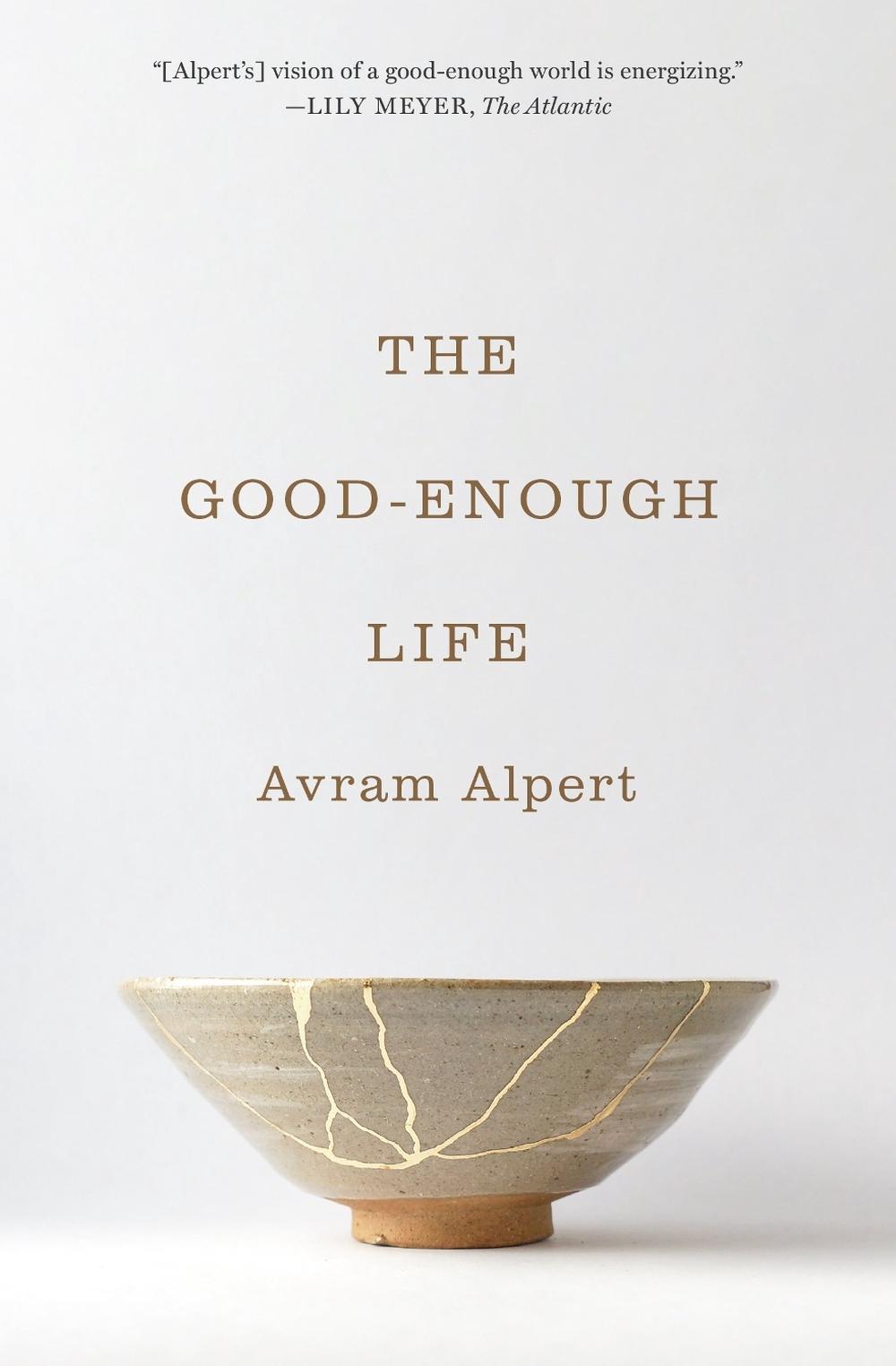
Summary
How an acceptance of our limitations can lead to a more fulfilling life and a more harmonious society.
We live in a world oriented toward greatness, one in which we feel compelled to be among the wealthiest, most powerful, and most famous. This book explains why no one truly benefits from this competitive social order, and reveals how another way of life is possible - a good-enough life for all.
Avram Alpert shows how our obsession with greatness results in st…
Book Details
| ISBN-13: | 9780691254685 |
|---|---|
| ISBN-10: | 0691254680 |
| Author: | Avram Alpert |
| Publisher: | Princeton University Press |
| Imprint: | Princeton University Press |
| Format: | Paperback |
| Number of Pages: | 336 |
| Release Date: | 31 December 2023 |
| Weight: | 278g |
| Dimensions: | 35mm x 203mm x 134mm |
You Can Find This Book In
What They're Saying
Critics Review
“A Financial Times FT Critics’ Book of the Year”“A Choice Outstanding Academic Title of the Year”“This book found me at just the right time… . [The Good-Enough Life] offers a bit of an antidote or a countercultural approach to designing communities and systems… [It’s a] philosophical, semi-political, pro-social, contemplative approach to designing a new way forward.”—Alyson Stoner, New York Magazine”[Alpert’s] vision of a good-enough world is energizing.”—Lily Meyer, The Atlantic“The Good-Enough Life leaves no meritocracy standing… . [A] jolt of reorientation.”—Emily Ogden, Los Angeles Review of Books“
[W]e should bestow social recognition … .on common moral qualities, not on uncommon talent. It should be good enough just to be good enough … . [This is] Alpert’s case, and he makes it well.
”—Andrew Stark, Times Literary Supplement“Read this book, breathe a sigh of relief, and then go take a nap.”—Rana Foroohar, Financial Times“This is an amazing and deeply inspiring book. Alpert employs a prose style that is wrought like fine gold jewelry. There is scarcely a page from which this reader does not wish to quote and share Alpert’s wisdom with others.” * Choice *About The Author
Avram Alpert
Avram Alpert is a writer and teacher. He has worked at Princeton and Rutgers Universities, and is currently a research fellow at the New Institute in Hamburg. His books include A Partial Enlightenment: What Modern Literature and Buddhism Can Teach Us about Living Well without Perfection. His work has appeared in publications such as the New York Times, the Washington Post, and Aeon.
Returns
This item is eligible for free returns within 30 days of delivery. See our returns policy for further details.




